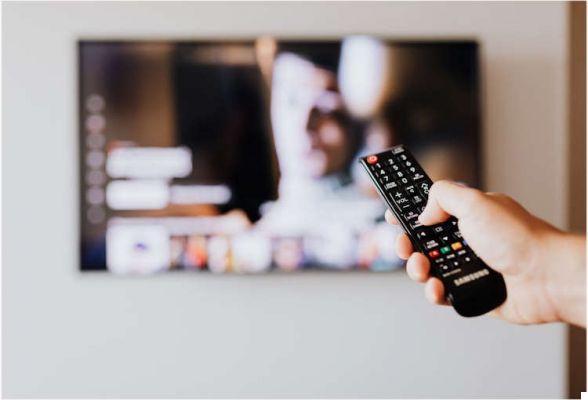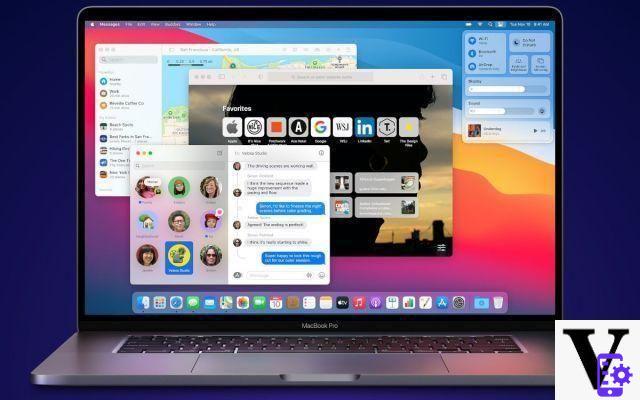
So here is the 8 GB of your PC, more than enough when you have purchased or assembled it, may not be enough anymore, as they are easily filled by a single running game, a heavy rendering program, or even a browser with many open tabs.
Usually when the RAM is saturated the computer uses the paging file, but even if you use an SSD the system turns out to be exponentially slower. For this reason it is always better to increase the amount of RAM available.
But expanding your memory too much is just a waste of money. Here we will give you some tips to understand how much RAM you actually need and therefore be able to save money to reinvest in other components of your PC.
8GB: the bare minimum
First of all, better forget about the 4 GB. Unless you're "exhuming" an old computer or buying a Chromebook, the bare minimum for a modern computer is 8GB of RAM. In fact, today a computer with only 4 GB of memory is relegated to uses such as web browsing, email management and extremely light gaming.
To get some numbers to work on, we tested six different titles (F1 2018, Apex Legends, Battlefield V, PUBG, The Division 2 and Shadow of the Tomb Raider), to figure out how much RAM they needed.
Without starting any program, Windows takes up approximately 2,7 GB of memory. The games use between 6,6 GB and 11,3 GB of RAM (F1 2018 and The Division 2 respectively), so 8 GB is enough in some cases but not all: if you want a PC to play, our advice is to always opt for 16 GB of RAM.
8 GB are sufficient for those who make a basic use of the computer, mainly focused on productivity and using the Office suite. Even in this case, however, if you use multiple programs at the same time you could get to the point of saturating all 8 GB.
16GB: the right compromise
To date, 16GB of RAM is the right compromise between price and capacity for most of gamers and enthusiasts: they allow you to use multiple programs at the same time, without worrying about having to close some to free up memory.
To give an example, keeping Word and a browser with 14 tabs open while playing The Division 2 and streaming on Twitch we used about 14 GB of RAM.
We've come close to 16GB total, that's true, but how often will you have a situation where you have all your programs in the background while you are playing?
Here we have a platform with 32GB of memory installed, but using games, Office suites, photo editing programs and browsers with a dozen tabs open we rarely found ourselves with more than 16GB occupied.
Unless you are a professional or content creator who renders large files and uses large amounts of RAM properly, there is really no reason - to date - to exceed 16 GB.
32GB: exaggerated?
Having 32 GB of RAM allows you to leave programs and browsers running with different open tabs without posing too many problems. When it comes to gaming, none of those tested came close to occupying 16GB, so with 32GB you'll sleep soundly.
As mentioned, if you need one machine for the productivity, handle large files and maybe handle more than one at a time, you would do well to consider a system with 32 GB (or more) of RAM.
Conclusions
In conclusion, the answer to the questions "Is 8 GB enough?" e "32 GB are necessary?" it is simply "no", at least in most cases.
As we told you, 8 GB may be enough for some users, but if you want to play modern titles or use productivity programs that need more resources, it's better to opt for 16 GB.
With this amount of RAM it is possible to use several programs at the same time and even leave a couple of them in the background while playing, perhaps to resume work once leisure is over.
32 GB they are almost never needed, except for those who do editing of RAW images or very high resolution videos and, in general, uses programs that need large amounts of RAM. Other users (including enthusiast ones) will hardly be able to fill even half of those 32 GB.
If your current system isn't close to 16GB even under full load, there's no point in expanding the memory to 32GB. If, on the other hand, you often find yourself with all the RAM full, this is a good time to jump on the 32 GB bandwagon, since kit prices are the lowest in recent years.
Given the market trend, if you have an ATX motherboard with at least four DIMM slots, use a 2 × 8 GB kit and want to upgrade to 32 GB, we think you should wait for prices to drop again and combine another 16 GB kit to the one you already have, paying for it as little as possible.
RAM memory: 8, 16 or 32 GB?




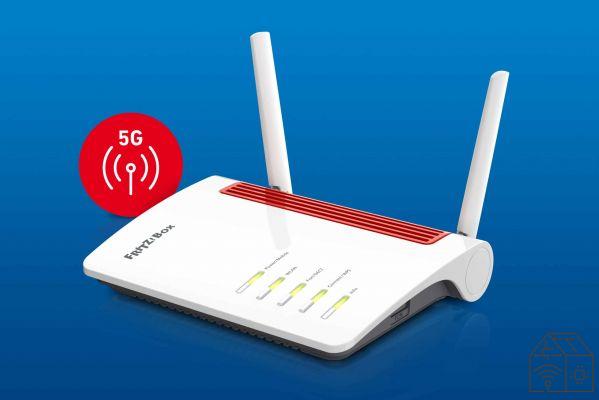

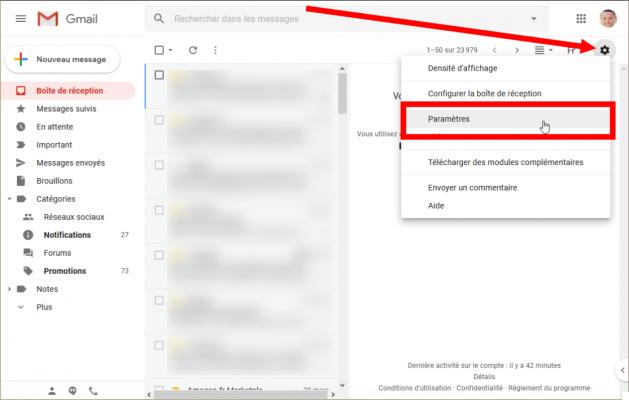


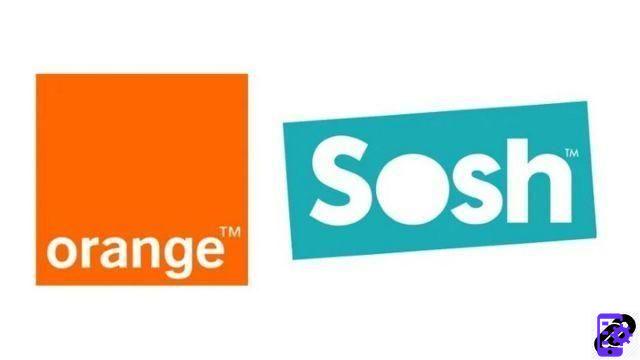

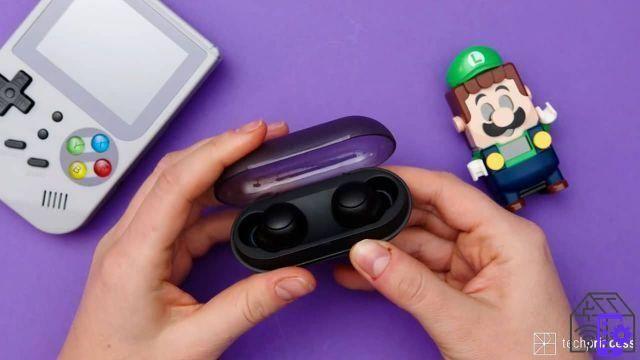



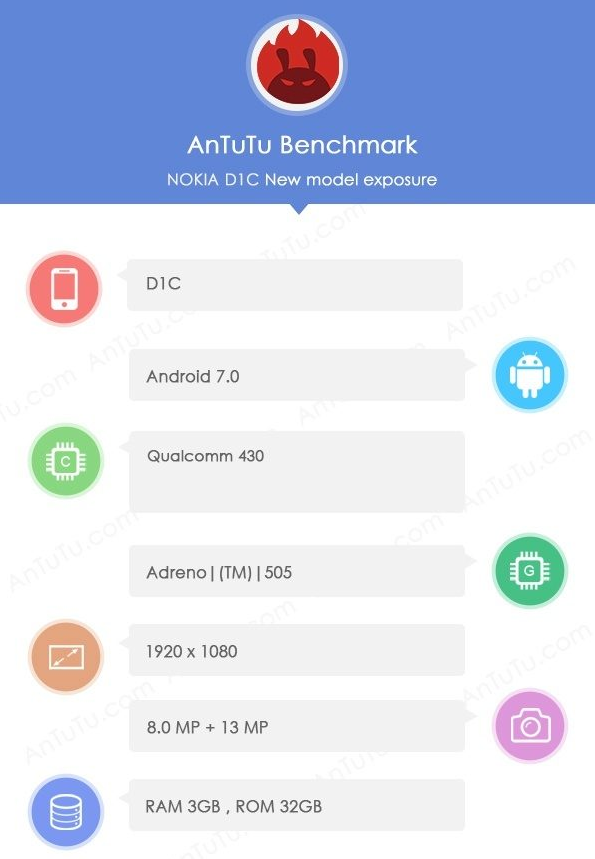



![[Review] Samsung Powerbot VR7000: the robot vacuum cleaner from Star Wars](/images/posts/6bc44de38605b5c0fa12661febb1f8af-0.jpg)

